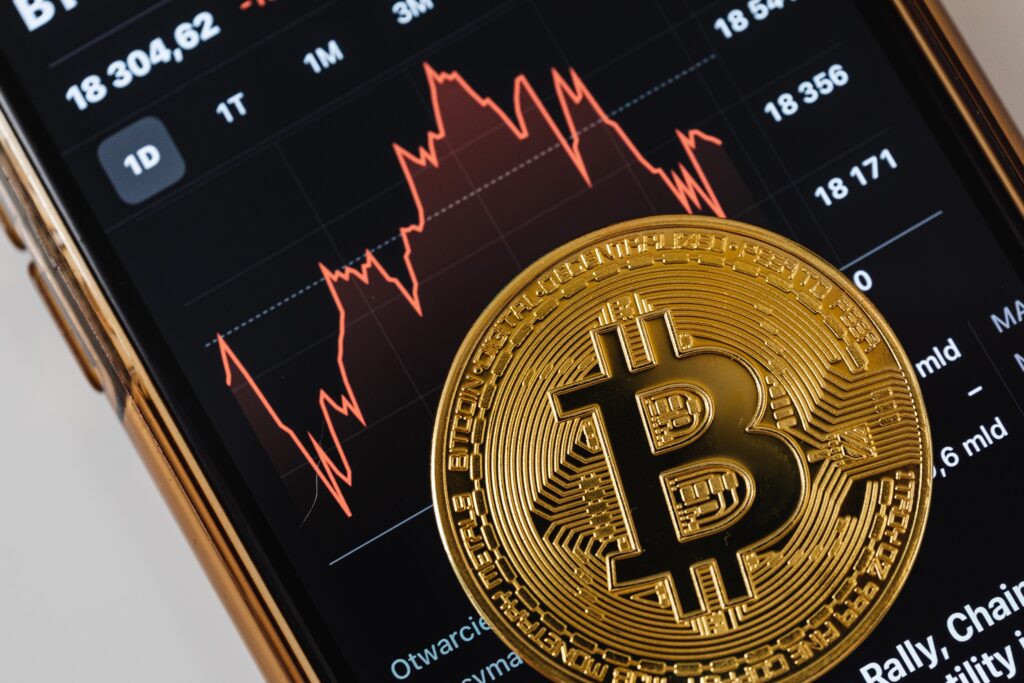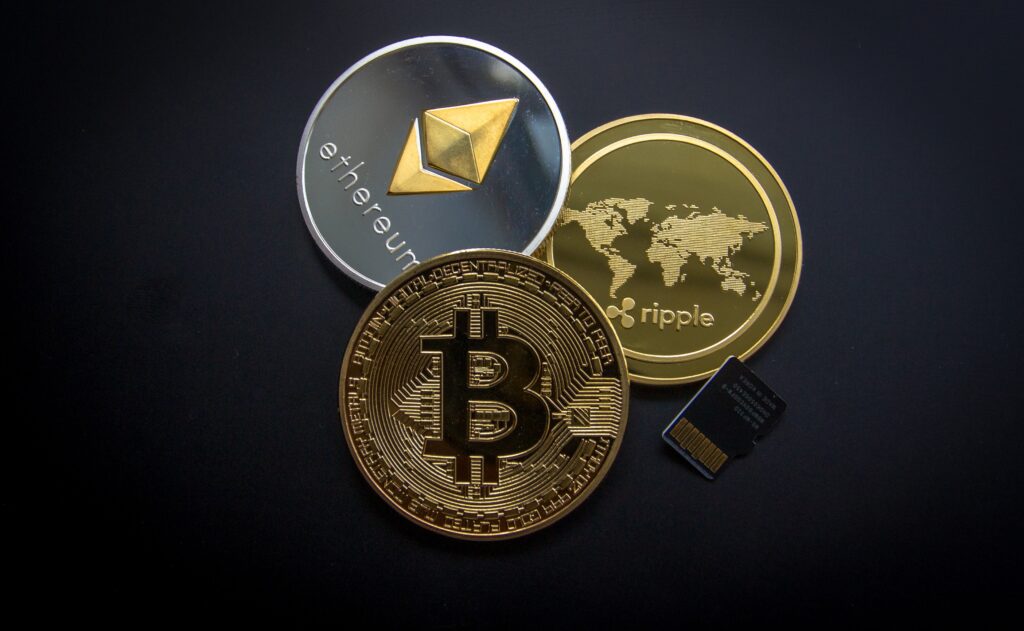A technology that arouses curiosity is virtual currencies, which have been available in the market for some years. However, many people still ask what bitcoin is, the first virtual currency, which began to be disclosed in 2008.
In recent years, the term bitcoin has become popular and made headlines worldwide for several reasons: its rapid appreciation or depreciation, stories of people who became millionaires with bitcoin, and cases of those who lost everything. But, after all, what is bitcoin? How does this famous virtual currency work?
What is Bitcoin?
Bitcoin was the world’s first virtual currency. That is, it does not exist on paper or anywhere other than digital systems. Furthermore, it is a decentralized currency, which means there are no banks or governments acting as intermediaries.
It is also the world’s first decentralized currency. This means that, besides not being regulated by governments, banks, or companies, it is possible to buy, send, and receive bitcoins without any intermediaries, such as banks or credit card issuers.
The value of bitcoin varies due to its supply and demand in the market, like an asset. Transactions are publicly registered in a coded ledger system called blockchain (chain of blocks), a type of ledger that does not reveal the names of the interlocutors and guarantees greater security and privacy to the process.
How to acquire bitcoins?
To obtain bitcoins in ways other than mining, they can be bought through exchanges, crypto asset brokers that facilitate exchanges with greater security; or directly from sellers, using the “peer to peer” system, also available on platforms designed for communicating the purchase. Currently, acquiring bitcoins through exchanges is the most usual way and the one that gives users greater confidence.
Many people use bitcoin as a form of speculation, buying coins when they are undervalued and cheap and then reselling them when they appreciate in relation to official currencies. There are reports of people who became quickly rich with this type of speculation, which, however, is a very risky process.
Benefits and risks
Digital currencies are good alternatives for users who do not want to be held hostage by government determinations regarding national currencies. Since there is no bank, you custody your money and pay lower fees to carry out transactions anonymously, with privacy.
Regarding the risks, there are government movements, such as China’s, trying to prohibit, regulate, and tax the cryptocurrency system, or even create digital systems for the country itself. There is also the dependency on value fluctuations according to the market, so the buying and selling of bitcoins must be studied and carried out through reliable platforms.
Want to learn more about Bitcoin and Cryptocurrencies?
If you don’t have knowledge and want to know more about Bitcoin and Cryptocurrencies, we list some courses that can help you. Just click here.











